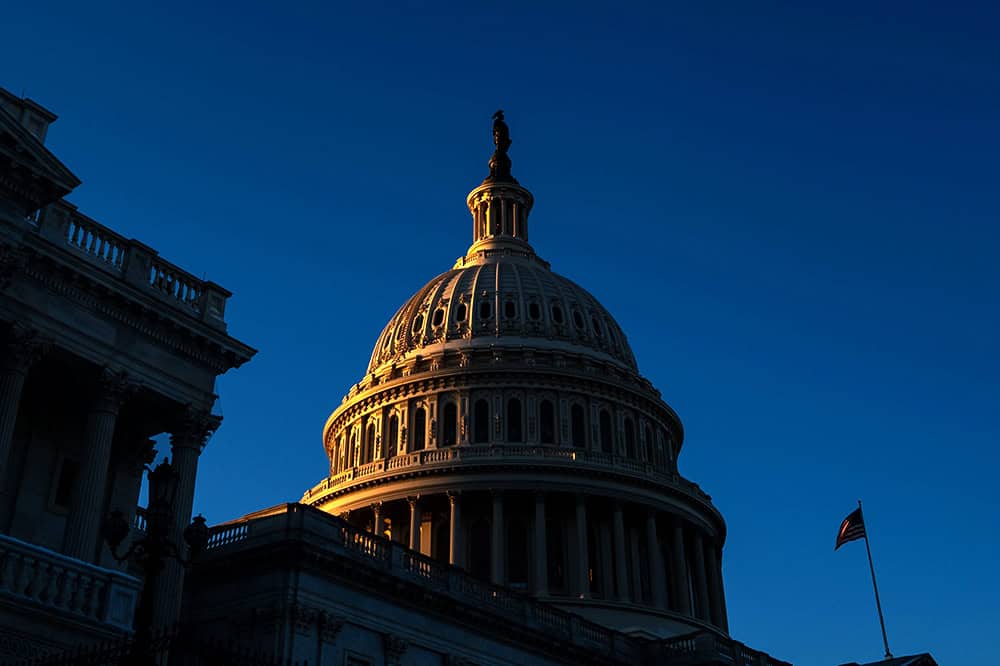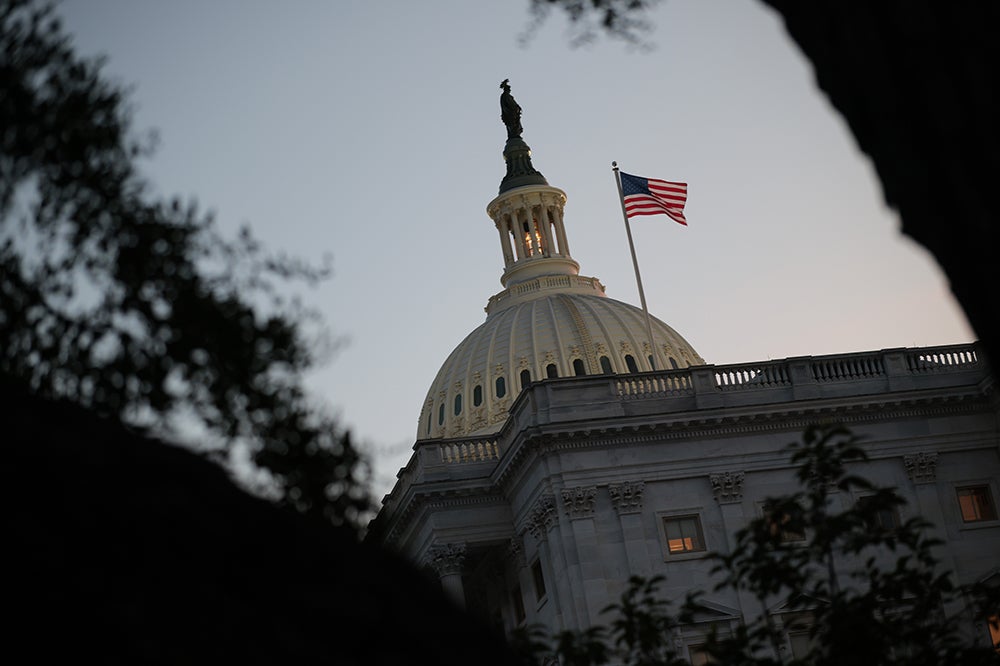Peterson Foundation Statement on House Tax Bill

NEW YORK — Michael A. Peterson, President and CEO of the Peter G. Peterson Foundation, commented today on the release of tax legislation in the U.S. House of Representatives:
“Passing a bill to our kids is not the right way to pass a bill. This legislation is an example of fiscal irresponsibility. It is based on a presumption that it’s somehow acceptable to add $1.5 trillion to our national debt over the next ten years when we will already be adding $10 trillion as it is. We need to improve our dangerous fiscal outlook, not make it worse. No tax legislation that increases our national debt should be called pro-growth, because adding more debt hurts our economy.
“In addition, this bill includes gimmicks like arbitrary phase-ins and expirations that damage its fiscal credibility and undermine important objectives. Pro-growth reforms must be permanent to be effective. Business and individuals need certainty to plan and invest. The goal of tax reform should be to help the economy grow well into the future, not just temporarily with rules that drift in and out of the tax code.
“Lawmakers should use the valuable opportunity presented by tax reform both to improve our fiscal outlook and strengthen the economy at the same time. As this bill moves through the legislative process, lawmakers should look for ways to pay for their priorities. With $15 trillion of tax breaks and $46 trillion in spending over the next decade, there are many ways to find $1.5 trillion to offset the cost of this bill.”
Further Reading
What Is the National Debt Costing Us?
Programs that millions of Americans depend on and care about may be feeling a squeeze from interest costs on our high and rising national debt.
Interest Costs on the National Debt Are Reaching All-Time Highs
The most recent CBO projections confirm once again that America’s fiscal outlook is on an unsustainable path — increasingly driven by higher interest costs.
New Report: National Debt Outlook Gets Worse as Interest Costs Exceed $1 Trillion Annually
A new CBO report shows that the national debt outlook worsened from last year’s projections.


